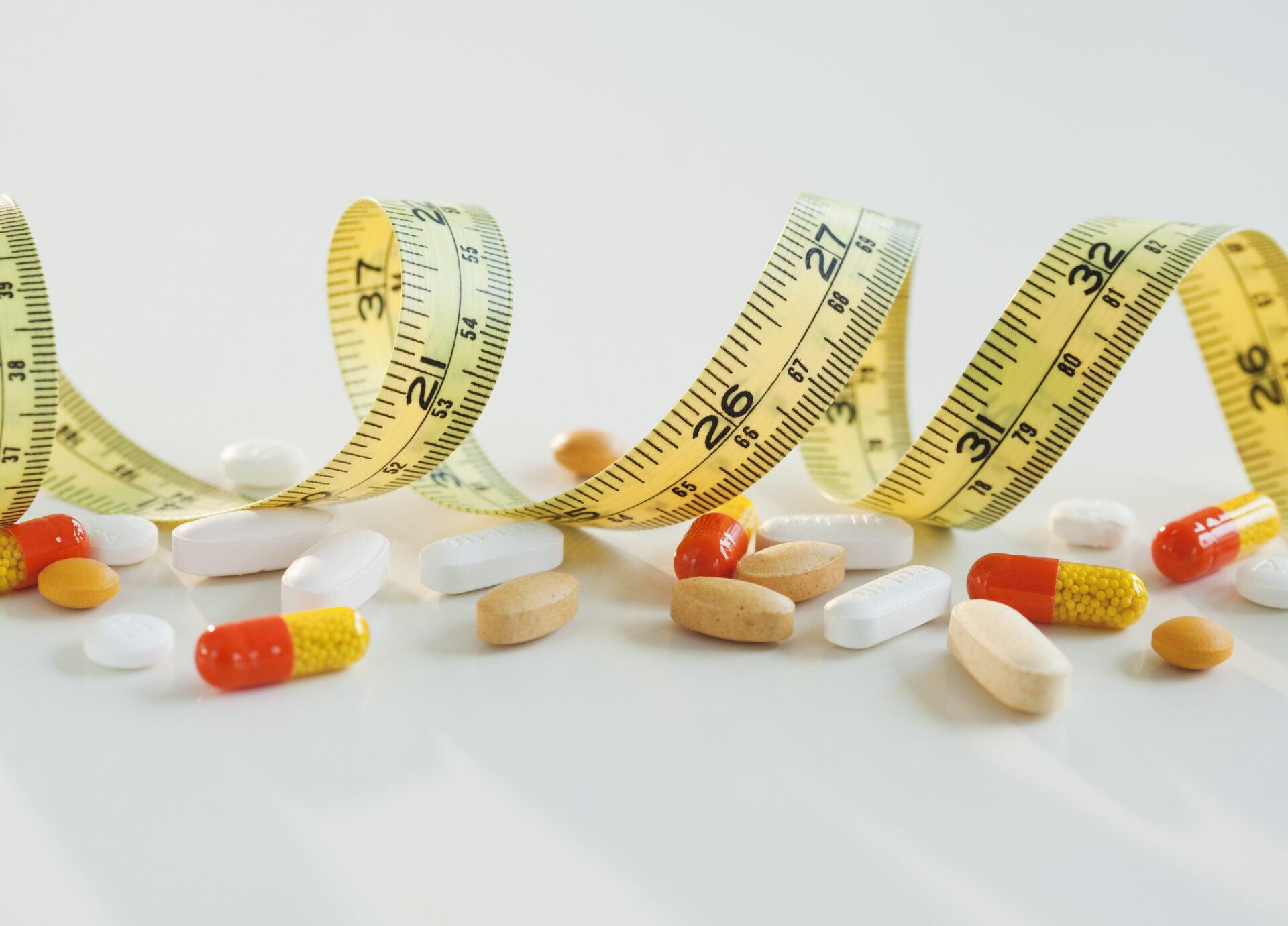
November 17, 2023
Study: Why Are Fewer Black Patients Receiving Anti-Obesity And Diabetes Prescriptions?
As the demand for such drugs escalates, there is a disparity between the use of the anti-obesity and diabetes medication among Black people and other groups
Research supports that Black people are having trouble accessing anti-obesity and diabetes medication. Meanwhile, white people are four times more likely to receive a prescription.
In 2023, an estimated 1.7% of people in the United States have been prescribed semaglutide drugs like Ozempic and Wegovy, according to a CNN report based on exclusive Epic Research. However, as the demand for both drugs escalates, there is an evident disparity between the use of the anti-obesity and diabetes medication among Black people and other groups.
Ozempic, for instance, was approved in 2017 for the treatment of Type 2 diabetes, and Wegovy was approved in 2021 for the treatment of obesity. One study uncovered that between 2015 and 2020, 56.6% of Black adults were eligible for semaglutide, which marked the highest among other groups. Though studies show that Black people are at greater risk for developing Type 2 diabetes, experts are concerned about health inequities such as lack of insurance.
“Unfortunately, access to care is a huge barrier within our Black and brown communities,” said Northwestern Medicine Internal Medicine physician Kimbra A. Bell, MD. “Additionally, the inability to afford quality medical care and prescription medications can be a hindrance as well. So, conditions such as diabetes are not managed as well as they could be and subsequently result in poorer outcomes.”
The United States is currently home to the highest number of adults living with obesity. And yet out-of-pocket costs prices for semaglutide drugs are reportedly higher in the country than in other nations. For a one-month supply, eligible patients must chalk up $936 for Ozempic, $1,349 for Wegovy, $1,023 for Mounjaro, and $936 for Rybelsus.
Experts call for a promising future with better accessibility for Black patients who are in dire need of these medications. They suggest Black patients see Black doctors because statistics show better overall treatment results. Other solutions include patient advocacy, spreading awareness among the Black community, and discounted programs.
Furthermore, Black tech health startups across the U.S. are dedicated to changing how people exercise, eat, and communicate with doctors. With one click at a time, underrepresented founders have created platforms like Health in Her Hue, which connects Black women to culturally sensitive healthcare providers, and MedHaul, which focuses on securing low-cost transportation back and forth to medical appointments.
In a statement, pharmaceutical company Novo Nordisk said that they distribute their “existing supply across markets in a responsible manner consistent with our focus on continuity of care and access to innovative medicines,” CNN reported.
“In the U.S., we cannot control which specific pharmacies or patients receive Ozempic as we distribute our products to wholesalers who in turn supply retail pharmacies nationwide.”
RELATED CONTENT: Anthony Anderson Champions Diabetes Education And Fitness As He Thrives With Type 2 Diabetes